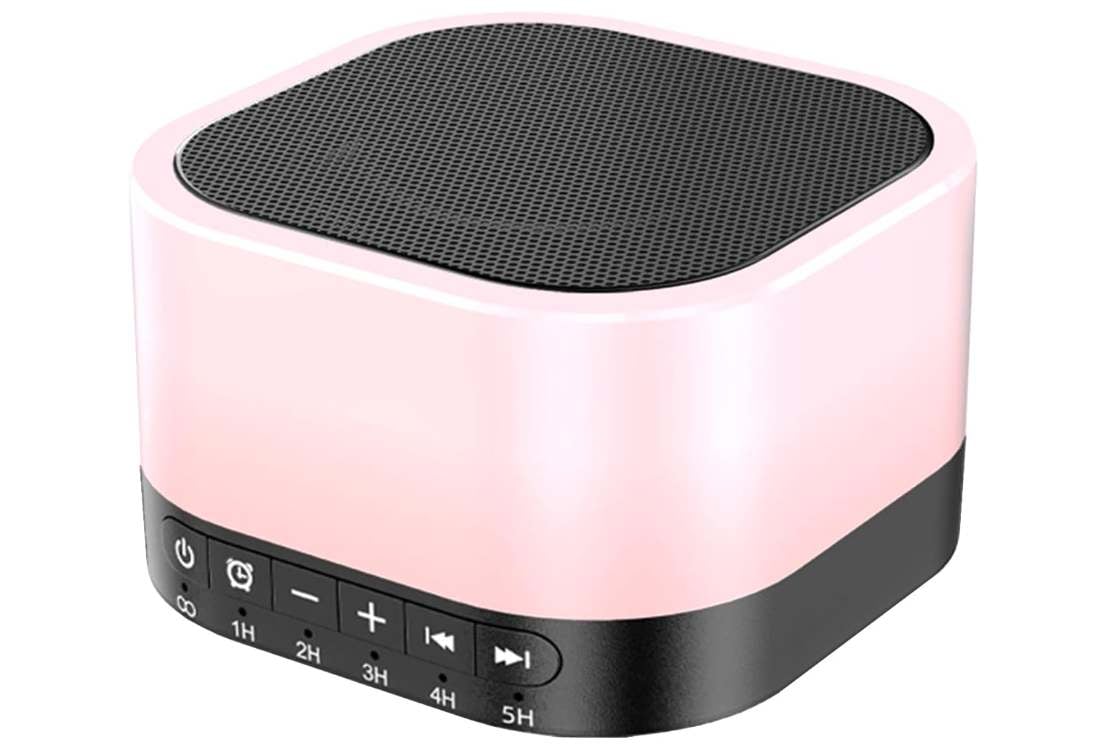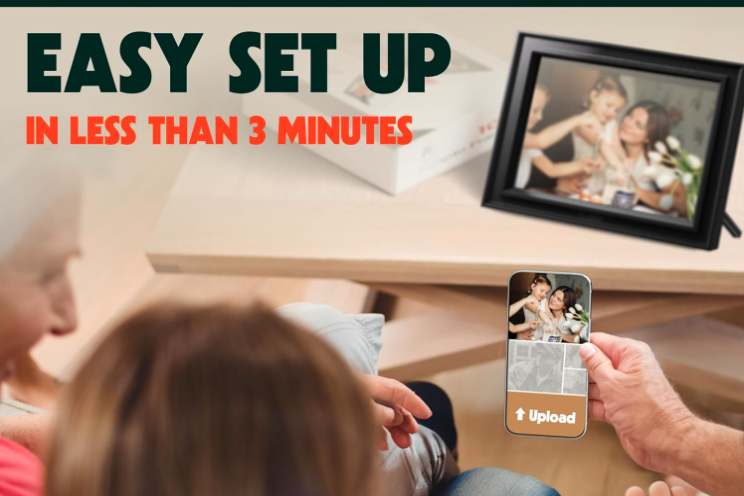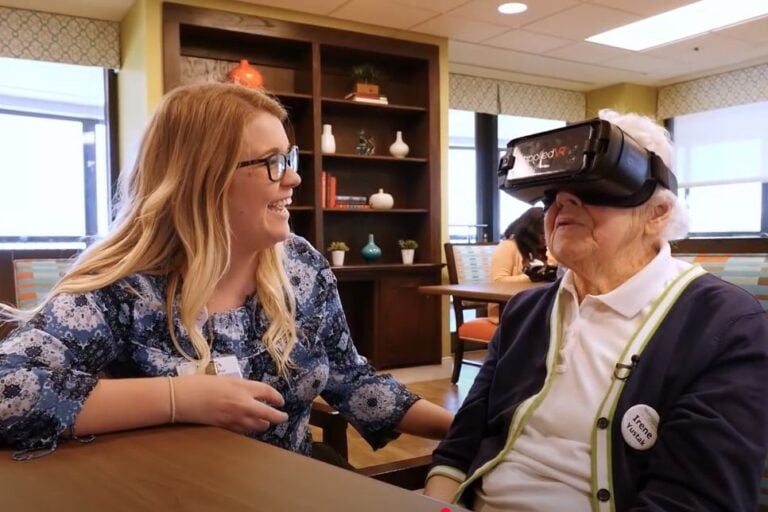
36 Ways to Revolutionize Dementia Care
See how living with dementia can be a full and meaningful life, in this Virginia Film Festival movie. Watch innovative approaches in memory care communities that improve the well-being of residents.

See how living with dementia can be a full and meaningful life, in this Virginia Film Festival movie. Watch innovative approaches in memory care communities that improve the well-being of residents.
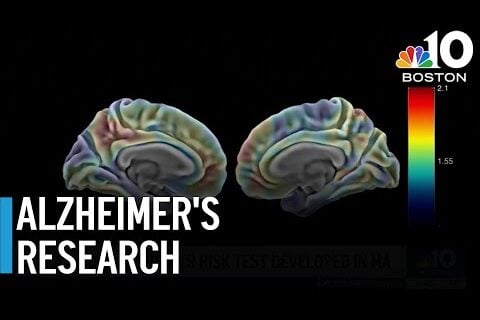
A fascinating Smell-Test developed at Mass General Brigham may help determine your risk of developing Alzheimer’s.

If your loved one asks the same thing over and over, you’re not alone. In this Careblazer video, learn:
✅ 3 reasons why they happen
✅ What NOT to say
✅ 6 simple techniques to handle this with less stress

Is dementia connected to blood vessel damage? Can I reverse blood vessel damage? Can I slow down dementia? How can improving my diet combat memory loss? Watch Heart Expert William Li.
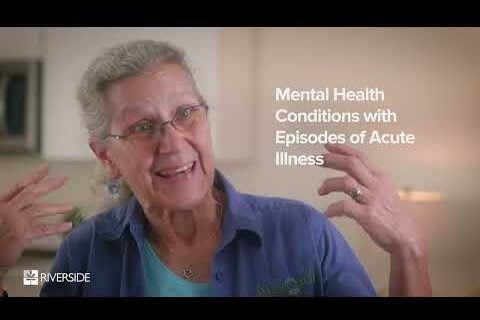
Teepa Snow, Dementia Care Specialist, shares what you need to know about conditions that can mimic dementia, but are actually reversible or treatable.
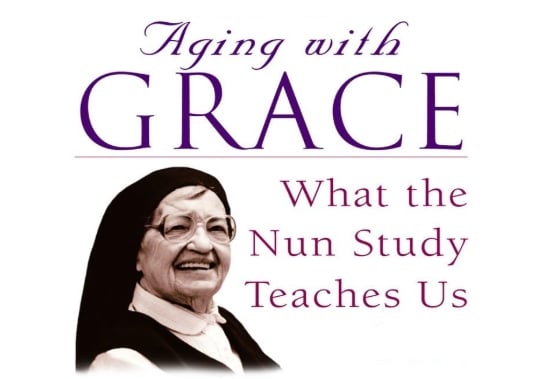
Read this 2025 update on “The Nun Study,” analyzing more than 30 years of aging and dementia patterns of 678 nuns from the School Sisters of Notre Dame. Then watch 2 videos that take you inside.
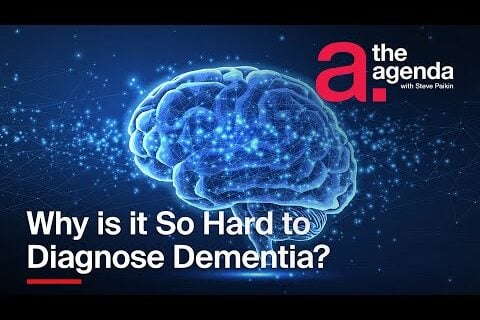
The Founder and CEO of The Brainwell Institute shares the deep understanding of cognitive function that’s needed for a good diagnosis of dementia. Learn what you need to know, in plain English.
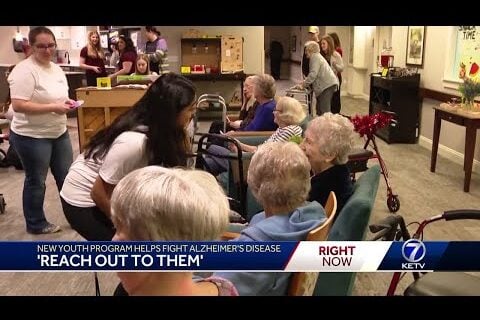
Young high-schoolers visiting an Alzheimer’s Memory Center find out how little it takes to make a big difference. Handing out Valentine’s Cards to residents, see them brightening up everyone’s lives!

INSPIRING: Former University of Denver Chancellor Rebecca Chopp was at a loss when her doctor told her to “live with joy” after her Alzheimer’s diagnosis. Pushing back against the hopelessness, she began pursuing a daily regimen of vigorous exercise, strict diet, intellectual and social engagement — all of which are giving her more time and more life.

The EMA has announced its schedule for reviewing the Alzheimer’s drug Leqembi (lecanemab) for use in Europe. Meanwhile, the U.S. FDA, which already approved the drug, is moving ahead with a new version that doses Leqembi in a better, more convenient fashion for those taking the drug over the long run.

NEW YEAR’S VIDEO & ARTICLE: New Year’s Eve can still be a fun, enjoyable experience for loved ones with dementia. It’s a perfect moment to reflect on past moments that warmed the soul.
Learn how reminiscing makes for a great activity.

BRAIN-HEALTHY RECIPE: Ring in the New Year in style and moderation with this tantalizing sangria.

DIAGNOSIS VIDEO: As we age, we change. Learn to spot changes that are Alzheimer’s warning signs, versus changes that just mean a person is aging nicely.
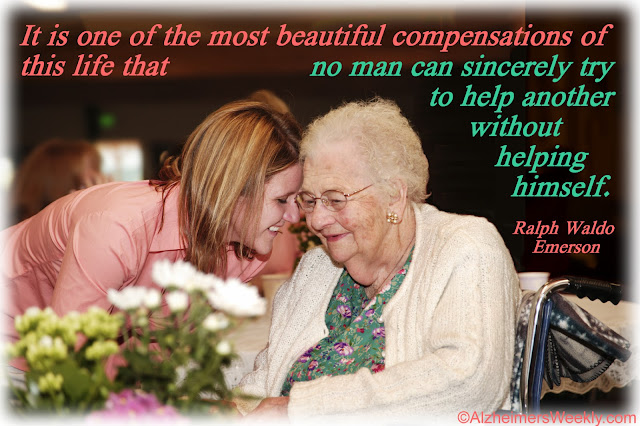
It is one of the most beautiful Compensations of this life thatNo man can sincerely try to help anotherWithout helping himself.

What are the early symptoms of Alzheimer’s? When to get a professional evaluation.

SHORT-TERM MEMORY lapses are obvious signs of Alzheimer’s, but other tell-tale signals begin to show much earlier. Learn how to look for semantic impairments, such as simple questions about size.

Three important dementia studies focus on HS-AGING, a type of dementia almost as common as Alzheimer’s in the 85+ group. Yet few people have heard of it. Why? What makes it different?
No spam, only news and updates.
